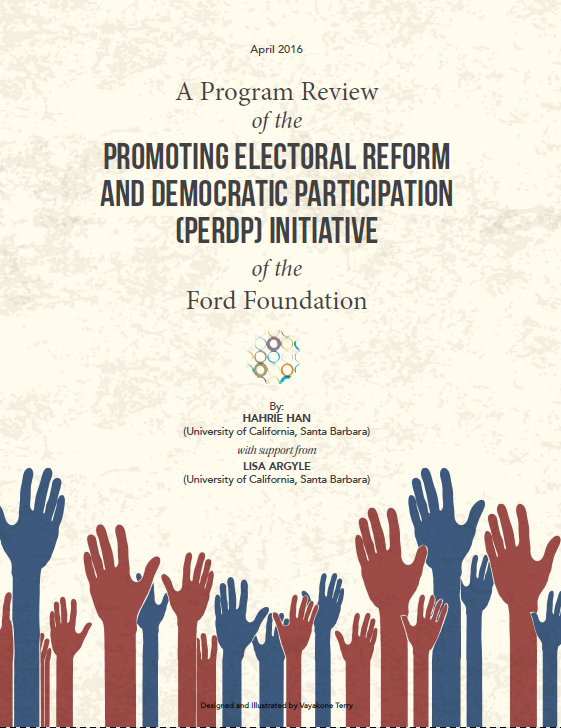 At best, political and civic participation in the United States can be described as provisionally influential. In fact, a typical person’s participation in the democratic system has barely, if any, impact on political outcomes. On the whole, the US fails to civically engage the entire population.
At best, political and civic participation in the United States can be described as provisionally influential. In fact, a typical person’s participation in the democratic system has barely, if any, impact on political outcomes. On the whole, the US fails to civically engage the entire population.
According to a new report by political science professor at the University of California Santa Barbara Hahrie Han, “87% of practitioners and funders interviewed argued that democratic participation in this current moment is uniquely troubled.” Han further asserts that disparities in civic participation are rooted in the faulty structure of American democracy.
In the report, Han examines how organizations can strengthen political participation and civic engagement in the United States. She suggests that for organizations to achieve more meaningful and active participation, they must adopt a framework comprised of three inter-related characteristics: powerful, possible, and probable.
- Powerful: People’s participation in the political process must be impactful—having a tangible effect on policy decisions, and improving the lives of the public.
- Possible: All people must have the ability to actively participate; being wholly achieved by removing societal barriers that prohibit participation and the implementation of policies.
- Probable: People must want, and should be encouraged to, take part in the political process.
Increasing political participation in the US will also require strengthening organizations. Han argues that funders need to invest in developing the strategic capacity of organizations so they can translate individual participation into long-term systemic change.